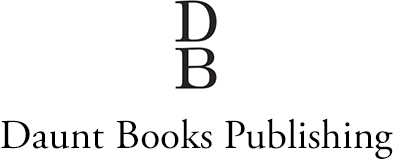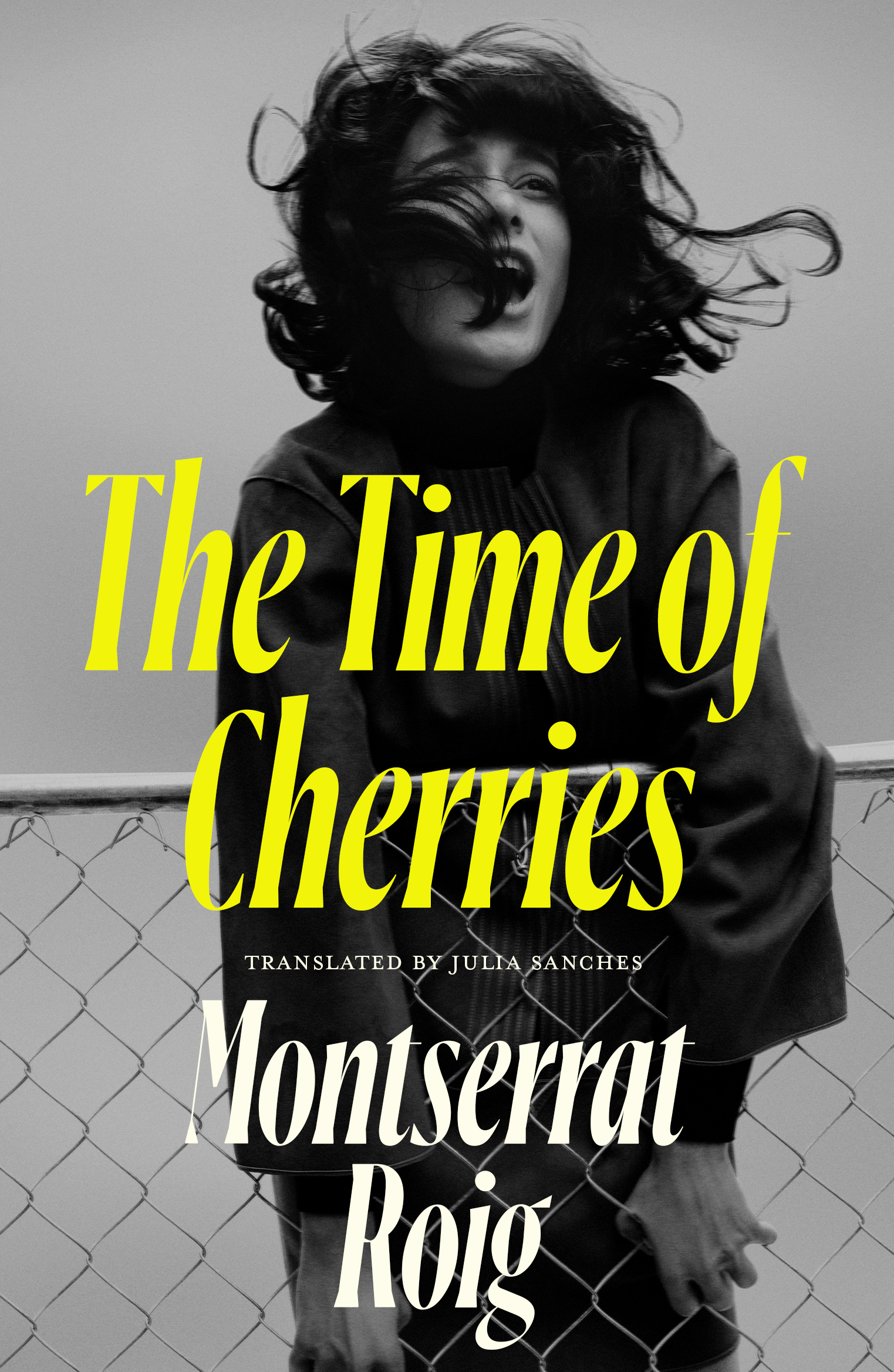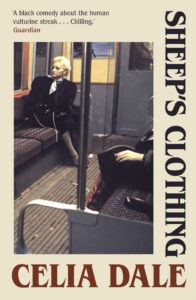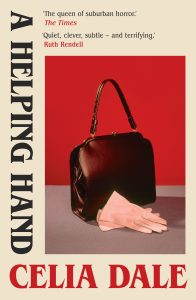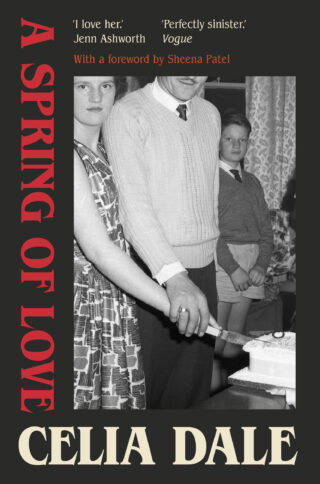
Esther Williams is thirty and single. She lives with her grandmother in a small house and her life is one of routine and order; she takes a seaside holiday each year and every Thursday she goes to the cinema alone.
She does not know if she is happy or unhappy with her life – it merely follows the same pattern that it has always done. Until one day, on a Thursday night, she meets Raymond Banks.
Raymond becomes everything to Esther. Suddenly she feels, for the first time ever, truly alive. Raymond alters her awareness of the world around her and she is soon very much in love with him.
But when she discovers something about Raymond that threatens to ruin their happiness Esther is horrified . . .
A beautifully observed novel about love in all of its guises this is a gripping and unforgettable story of tension, betrayal and, ultimately, how we can never truly know anyone.
‘Dale is firmly one of my favourite writers.’ Sheena Patel
‘Queen of the eerie, Celia Dale takes you on an unforgettable tale.’ Stylist
‘A perfectly sinister read.’ Vogue
